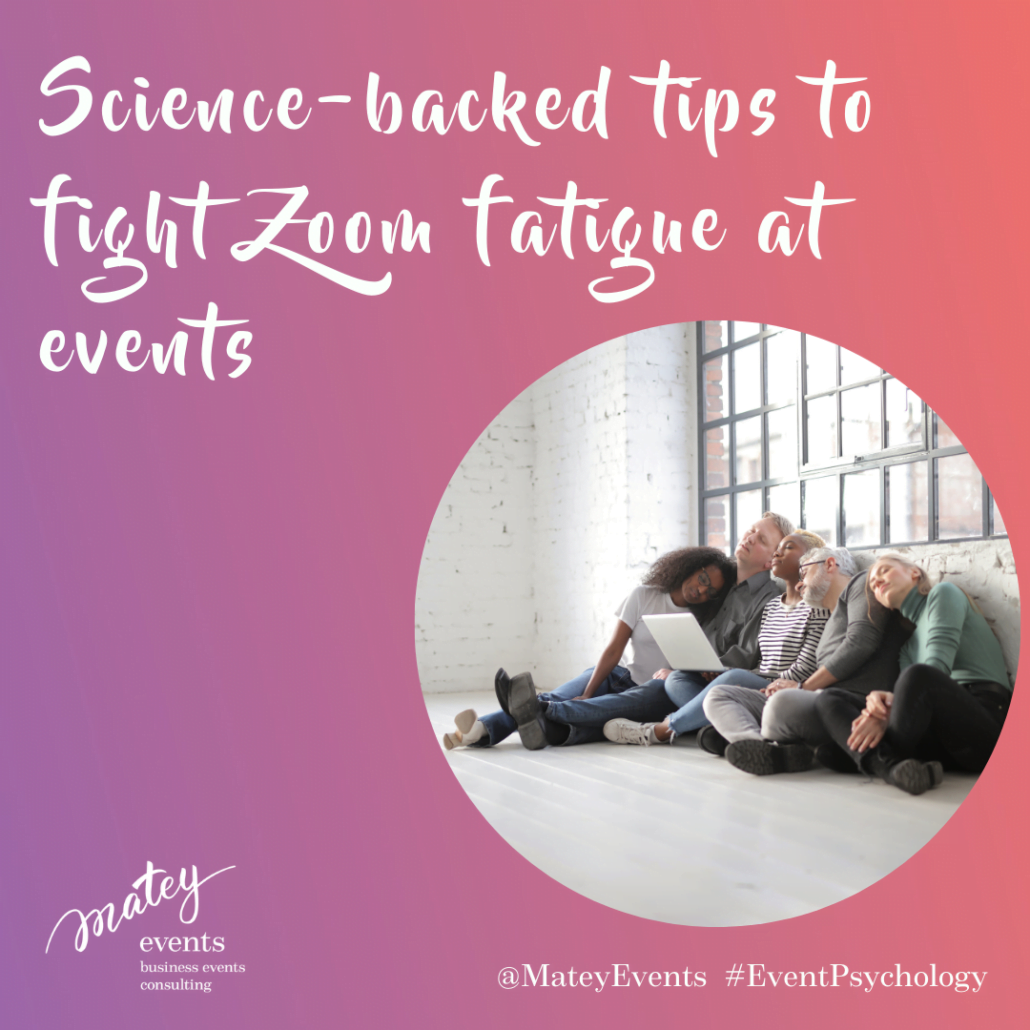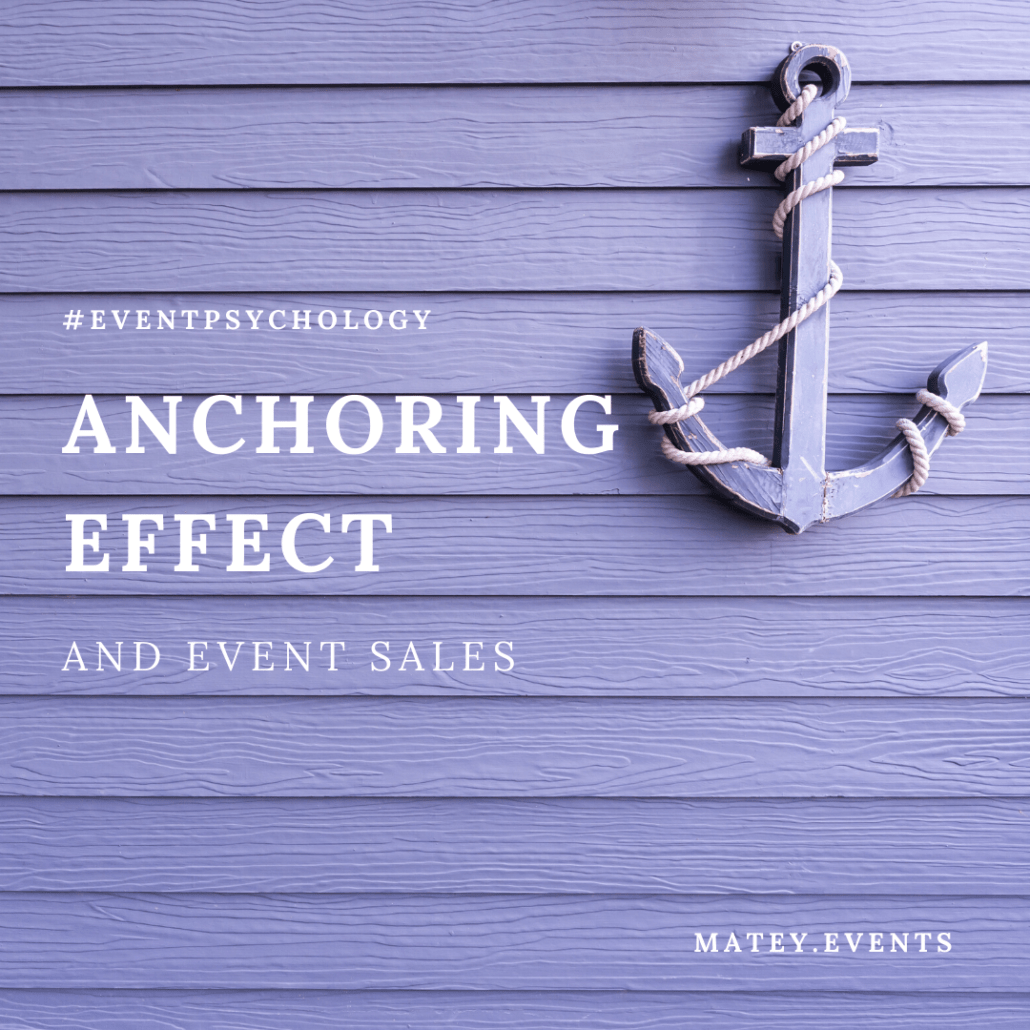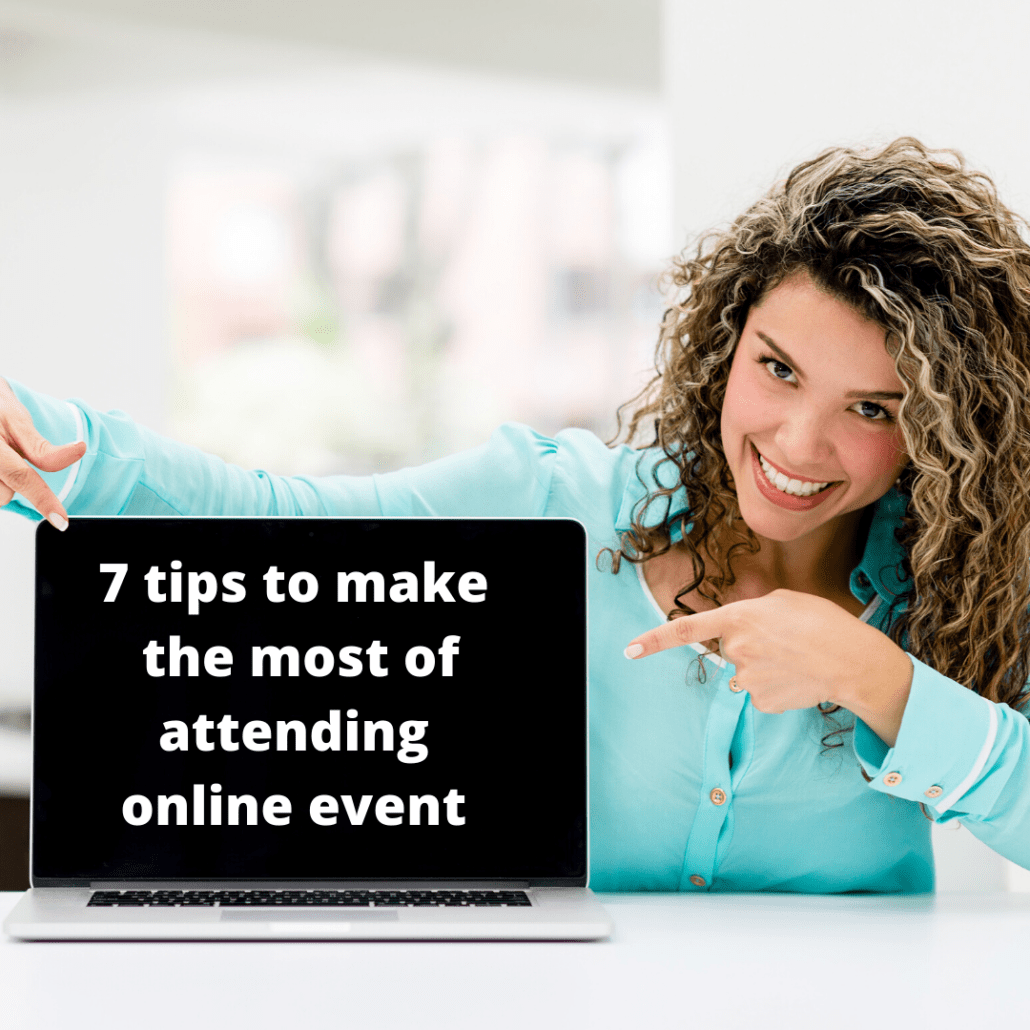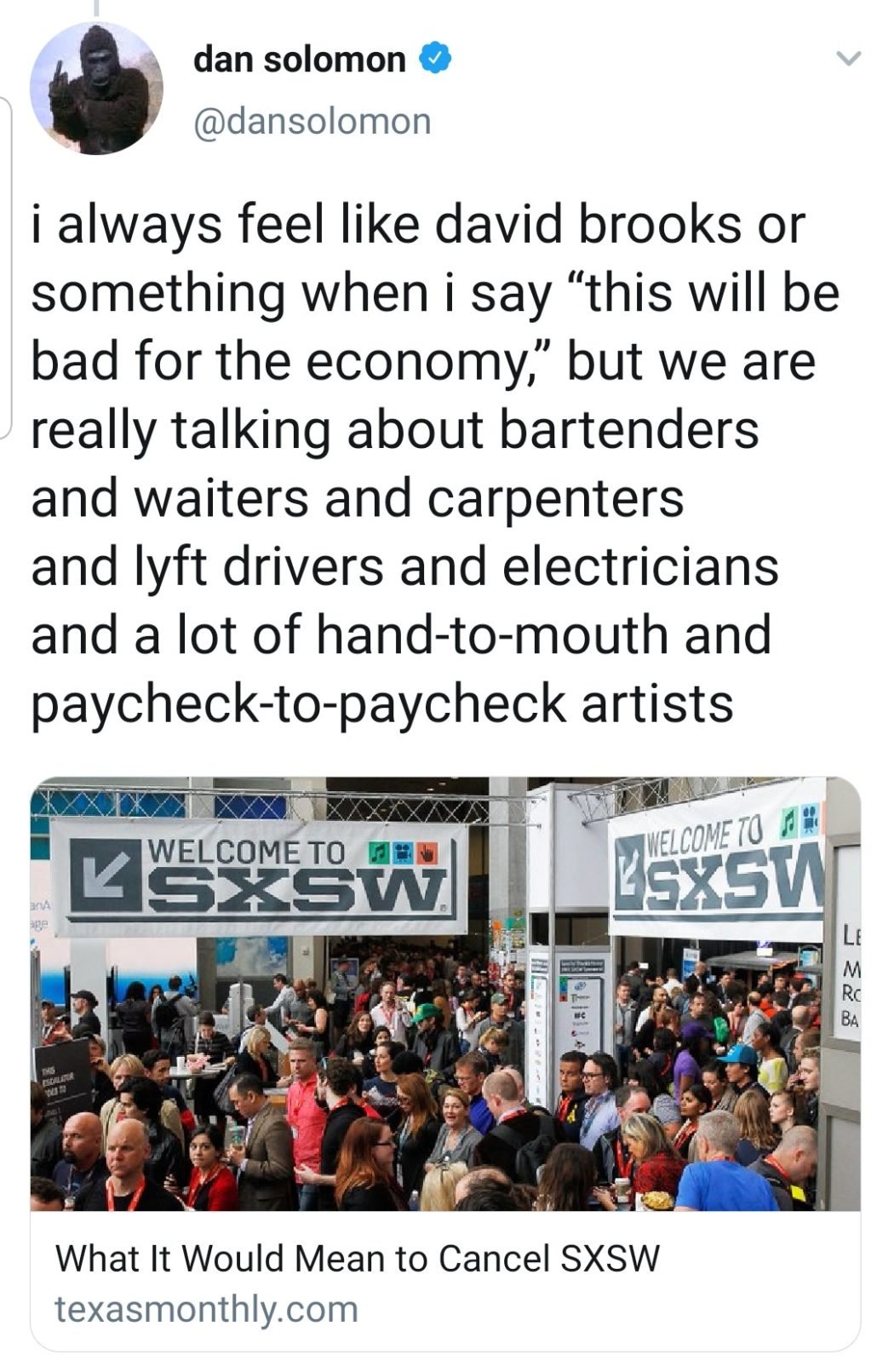Science-backed tips to fight zoom fatigue at events
Can you fight Zoom fatigue? Want to know your Zoom Exhaustion and Fatigue score? Scientists to the rescue!

6 Behavioral Science Books Every Event Planner Should Read
So I’ve been cooking this post for quite some time by now. You know I firmly believe eventprofs should apply scientific insights more intentionally. For that, we need to start educating ourselves on behavioral science and psychology. One great way to do that is of course, through reading books. Below is my top 6 list of behavioral science books for event planners I highly recommend. They all are authored by renowned researchers and – this is the best part – are written for professionals from other industries and generally all interested, so they are engaging and very much fun to read.

Nudgestock2020 takeaways for #eventprofs (summary)
This year Nudgestock festival of behavioral science took place online, and became a unique opportunity for anyone interested to hear leading experts from behavioral science and psychology fields. Naturally, I could not miss that, and it didn’t disappoint: both from content and event planning perspective it was fascinating to experience. I did 3 posts highlighting most interesting sessions in my view, and detailing my takeaways for #eventprofs community. As they were published within a couple of weeks, I thought I’d put it together as a summary so that you don’t have to search them one by one. So here we go.

Using anchoring to increase (online) event ticket sales
As pricing and increasing sales for online events is currently a hot topic, I thought it’s a good time to remind about anchoring effect.
In 1974 Kahneman and Tversky did an experiment in which they first asked participants to spin a wheel containing the numbers 1 through 100 (but participants were not told that the wheel was rigged to land on either 10 or 65). Then the scientists asked them whether the percentage of African countries that belong to the U.N. was higher or lower than the number on the wheel, and last, they asked what each participant’s own estimate of the percentage would be.
The results indicated what is now known as anchoring effect.

3 Event Psychology Hacks (that you can use for your event today)
I have recently talked to Melanie of EventPlanningBlueprintTV about Event Psychology, and she asked me to provide 3 hacks – examples of how event psychology can help event planners in creating better event experiences.
Watch here:
Read EventPlanningBlueprintTV’s blog here.
7 tips to make the most of attending online event
For the last 2 or 3 weeks there have been a lot of articles, tips and advice on how to pivot to digital and create fantastic online event experience shared among event community. Right now, event planners are on the steep learning curve about making online events as efficient and satisfactory as possible, and oftentimes it’s not that easy as one may think. But this post is not about tips for eventprofs. Since part of my consulting is about helping event participants to attend meaningfully, I was thinking about how they feel about their event experience in these changed circumstances. It turns that it is equally uneasy for participants of our (emerging) online events to switch to this new mode and make the most out of online participation. I can clearly see it can be confusing and frustrating, partly because right now the online experiences are not ideal, and also because event participants themselves are not necessarily well familiar with technologies and virtual environment ‘rules’. So what do they need to know and do in order to adopt the new ways events are being made and adapt to it with max benefits? Here are some thoughts for online event attendees.

Live vs Virtual event amongst coronavirus outbreak: how framing can help us with this dilemma
Over the past couple of weeks we’ve seen large events cancelled or postponed indefinitely during the coronavirus outbreak, and most likely we’re going to see more of such cases in the near term. I think no need to describe how challenging the times are for the events industry and – given how huge its economic and social impact of just one event can be – basically, for everybody else. I find this tweet very telling.

There are many things that we as industry are discussing now. I recently sat with Attendify team to discuss some actionable tips from event psychology perspective, and one of the things we talked about was transition from a live event to a virtual version and some obvious practical challenges for such rapid and imposed change. I’d like to elaborate more on one of the points I made during that discussion, namely – our perception of such change. Although to a large extent it’s true virtual can not replace live, I believe we should really re-consider how we think about it – and here is where behavioral science can help us understand how.
(more…)3 things that make Toolkit event memorable
I attended the first edition of Toolkit event yesterday, and would like to share 3 things that are, among others, to make it memorable for attendees. As you can imagine – all 3 are rooted in science.

Event Psychology Club
Online Course
What my clients and partners say
What If I Told You..? Event Psychology podcast
2018 ChangeMaker

Victoria Matey has been chosen as 2018 ChangeMaker by MeetingsNet
Top 100 Smart Women in Meetings

Victoria Matey has been named to the Top100 Smart Women in Meetings 2018.
Recent Posts
- Featured In
- Less talk. More experiments, please.
- 3 science-backed tips for effective event networking
- Why being imperfect can make your events thrive
- How to eliminate uncertainty and make the future of events bright(er)
- Event Analytics: How Can You Measure Emotions?
- The Anatomy of a (Effective) Pre-event Email
- 5+ Event Design Lessons for Better Engagement from Nudgestock 2021
- Science-backed tips to fight zoom fatigue at events
- 6 Behavioral Science Books Every Event Planner Should Read
Archives
Recent publications
- Featured In 20.11.2023
- Less talk. More experiments, please. 28.06.2022
- 3 science-backed tips for effective event networking 06.06.2022
- Why being imperfect can make your events thrive 21.12.2021
- How to eliminate uncertainty and make the future of events bright(er) 16.09.2021

